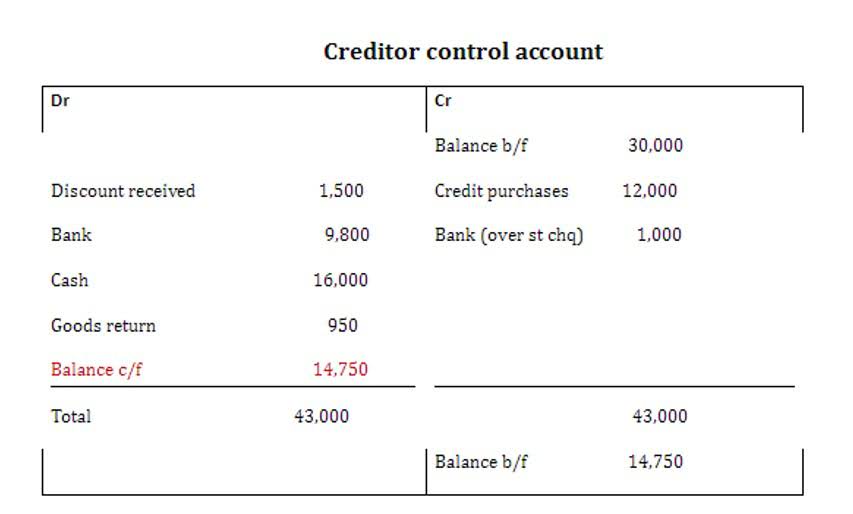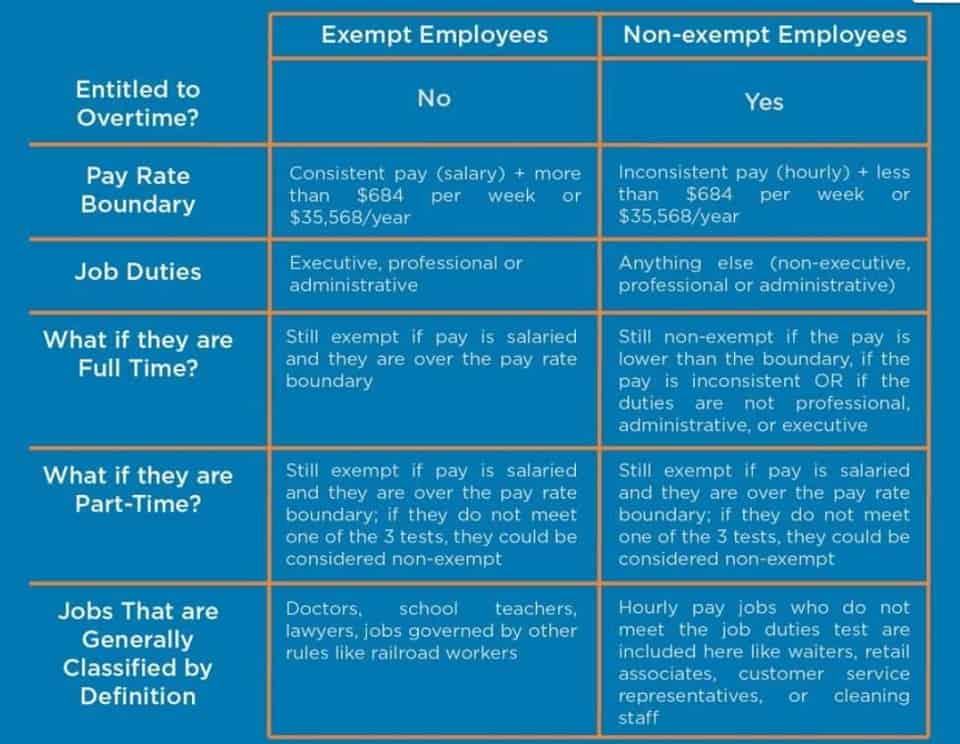
Setup and implementation fees often apply, and consultation is recommended. QuickBooks or Xero makes it easier to keep track of all of your transactions. The minimal reporting we recommend is that you track all of your clients, vendors/manufacturers, and the dates of these transactions. There are two types of Bookkeeping you can use, single-entry or double-entry, or you can combine both.
Automation needs: Do you want to eliminate manual bookkeeping?

Accurate bookkeeping is a baseline requirement for all business planning and operations. This includes tracking and categorizing income and expenses, inventory management, and reviewing balance sheets. But before you break out the champagne and call it a day, it’s important to have a plan for tracking and managing your income and expenses. How many double declining balance depreciation method different types of expenses and payments do you have each month? If you’re processing a large number of financial transactions, automations like autocategorized receipts and auto-generated expense reports can help you speed up the accounting process. For Shopify sellers just starting out or operating on a tight budget, Wave Accounting offers a surprisingly capable, free accounting platform.
- Another crucial strategy is to categorize all transactions consistently.
- But as your store expands, it’s like your boat is now navigating stormier seas.
- Regular and accurate bookkeeping is essential for tracking performance, staying compliant, managing cash flow, and planning for growth.
- While a few good plugins can handle it in the store, it is tricky to account for and adjust for this when bookkeeping.
- By tracking these numbers, you can identify high-performing products and streamline expenses, ensuring your business remains profitable in a competitive market.
- If you do not know where you stand financially, you cannot make informed decisions about managing your business.
What are the different Shopify Accounting Software Options?

You want to keep your focus on your store’s vision and not get lost in the numbers, but the numbers are the backbone of your growth. Create and maintain an accounting system where every step is clear and KPIs are followed. Also, pick the most appropriate third-party applications that make accounting easier. Thousands of leading Shopify sellers like you already trust Link My Books to automate bookkeeping. Sign up for our 14-day free shopify bookkeeping trial to see the benefits yourself without any upfront payment. Choosing the right tools can make bookkeeping easier and more efficient.
Shopify Bookkeeping Made Easy: Excel Techniques and Automation Solutions

Shopify bookkeeping is the process of tracking, recording, and managing financial transactions for businesses that use the Shopify platform. It involves organizing sales, returns, fees, and taxes to maintain accurate financial records. This helps store owners monitor cash flow, understand profits, and prepare for taxes. Proper bookkeeping ensures compliance and provides insights into business performance. There are two accounting platforms that we recommend for small to medium ecommerce sellers—Quickbooks Online (QBO) and Xero. These programs are complete accounting packages using the double entry methodology that facilitates financial data reconciliation back to independent financial reports such as bank statements.
- You don’t need to be an accountant to record transactions and expenses.
- You want to keep your focus on your store’s vision and not get lost in the numbers, but the numbers are the backbone of your growth.
- Keeping track of your inventory is essential but can be difficult if you sell through multiple channels.
- Whether you decide to go with a Shopify bookkeeping service or do it on your own, it’s important that you understand the basic process.
- Accurately recorded sales, expenses, and income are crucial for a reliable report.
- Bookkeeping can be a lot of work, especially if you’re an already busy small business owner.
- Using specialized tools or virtual bookkeeping services, Shopify sellers can automate much of the process.
- Spreadsheets allow for basic tracking of income, expenses, and inventory, providing a simple and familiar tool for bookkeeping.
- Plus is ideal for businesses that need to manage inventory and track project profitability.
- This becomes even more challenging when dealing with partial refunds, damaged goods, or items that can’t be restocked.
In this blog, we’ve uncovered the fundamentals and why it’s crucial for your business’s financial health. We’ve shared nine best practices to streamline your bookkeeping for shopify processes, discussed the https://www.bookstime.com/ challenges you might encounter, and provided insights into verifying tax calculations. Ensure that the app adheres to security standards and compliances to protect your sensitive financial data. Look for features like encryption, regular backups, and compliance with GDPR or SOC 2. Strong data protection helps you avoid breaches and ensures customer trust.
- It’s ongoing, and the consequences of getting it wrong can be costly, both in fines and in time spent fixing mistakes.
- These integrations reduce the risk of errors from manual entry by importing data directly from your store.
- If your business is growing, you might want to upgrade to Grow, which offers more flexibility.
- This not only leads to incorrect accounting but also poses significant risks for tax compliance.